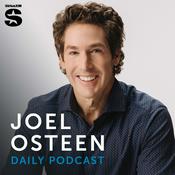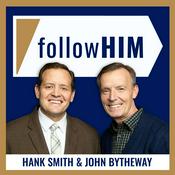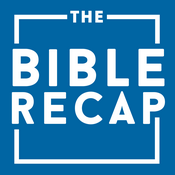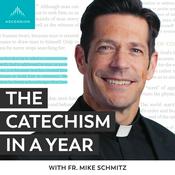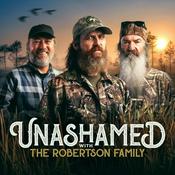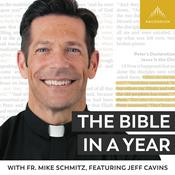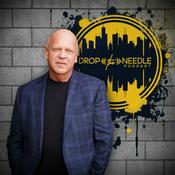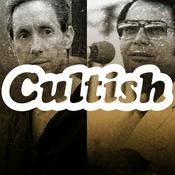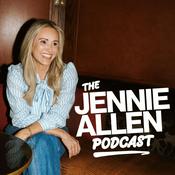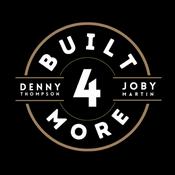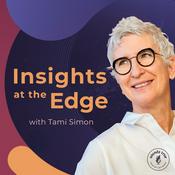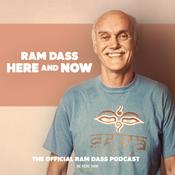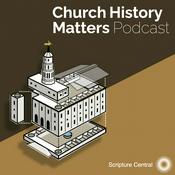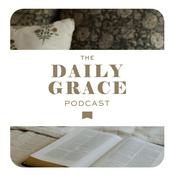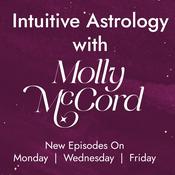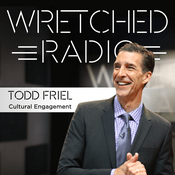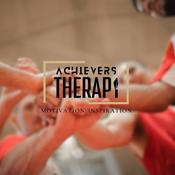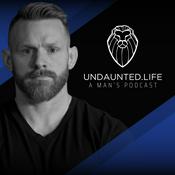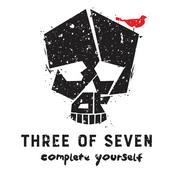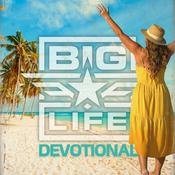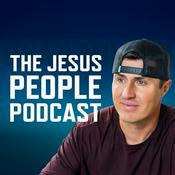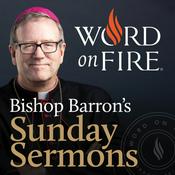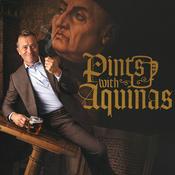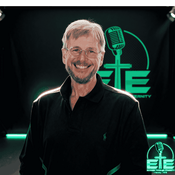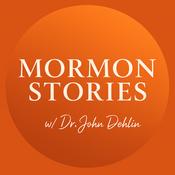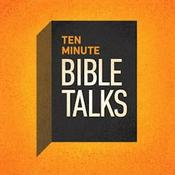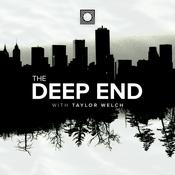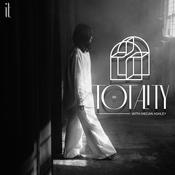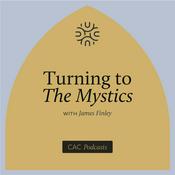Learning How to See with Brian McLaren

80 episodes

When Loving Means Letting Go with Jen Hatmaker
12/18/2025 | 54 mins.
What do we do when life unravels in painful ways — like navigating an unexpected divorce? On today's episode of Learning How to See, Carmen and Brian are joined by New York Times Bestselling author Jen Hatmaker. With great humor and authenticity, Jen takes us through the vulnerable experience of sharing her story, the transformation she went through after loss, and the spiritual power of starting over. Jen reflects on themes from her new memoir Awake, and shares how her divorce helped her trust her inner knowing, become more fully embodied, and rebuild a life rooted in integrity rather than expectation. Tune in to discover how community and self-compassion can guide us through seasons of upheaval — and how choosing honesty can become its own form of liberation. Resources: Pick up a copy of Jen's latest book, Awake, here. Learn more about Jen here. Find the transcript for today's episode here. Connect with us: Have a question you’d like Brian or Carmen to answer about this season? Email us: [email protected] Send us a voicemail: cac.org/voicemail

Loving When We're Not At Our Best with Parker Palmer
12/11/2025 | 55 mins.
How can we see others, and ourselves, with love when anger, fear, depression, or division clouds our vision? Today's episode of Learning How to See features an interview with Quaker elder Parker J. Palmer. Parker helps us explore how love can become a way of seeing, how we can navigate times of depression, and why listening to each other’s life stories may be our best antidote to polarization. Join us as Parker reflects on encounters that reshaped his assumptions about “the other,” sharing insights from decades of Quaker practice. Resources: Subscribe to Parker's Substack here. Learn more about the Center for Renewal and Courage here. Follow Parker on Facebook here. Find the transcript for this episode here. Connect with us: Have a question you’d like Brian or Carmen to answer about this season? Email us: [email protected] Send us a voicemail: cac.org/voicemail

Learning How to Hold Space for Others with Cindy Lee
12/04/2025 | 51 mins.
How can we de-Westernize spirituality and honor our full humanity within systems that often diminish it? On this episode of Learning How to See, Dr. Cindy Lee, a spiritual director and author, joins hosts Brian McLaren and Carmen Acevedo Butcher for a conversation on de-Westernizing spirituality and holding space for the lived experience of others. Cindy shares how her work with BIPOC communities revealed the limits of Westernized spiritual formation, and how confronting the “Western missionary gaze” can open us to seeing our cultures — and ourselves — with dignity rather than judgment. Resources: Read Howard Thurman's "The Sound of the Genuine" here. Find the transcript of this episode here. Connect with us: Have a question you’d like Brian or Carmen to answer about this season? Send us a voicemail: cac.org/voicemail Email us: [email protected]

Loving People Who Oppose Our Values with Cassidy Hall
11/26/2025 | 55 mins.
How do we soften our hearts to those whose values are in stark contrast to our own? Can we safely love those who have even gone so far as to harm us? On this episode of Learning How to See, Dr. Cassidy Hall, author of Queering Contemplation, poses these tough questions to our hosts Brian McLaren and Carmen Acevedo Butcher. Together, they explore how we can respond with integrity when our deepest values are met with opposition. Through personal stories, Brian and Carmen model ways in which they’ve grappled with loving in the face of persecution, strained family dynamics, and systemic incongruities with their own values. Resources: Discover more about Dr. Cassidy Hall here. Find the transcript of this episode here. Connect with us: Have a question you’d like Brian or Carmen to answer about this season? Send us a voicemail: cac.org/voicemail Email us: [email protected]

Loving As Hosts, Not Heroes with Becca Stevens
11/20/2025 | 48 mins.
How can we open ourselves to being hosts in the world? On this episode of Learning How To See, we hear from social entrepreneur Becca Stevens, founder of Thistle Farms, a nonprofit which provides sanctuary, employment, and hope for women survivors of trafficking, exploitation, and addiction. Becca invites us to see holiness in unlikely places — just like the thistle growing through cracks in the pavement. In the ninth season of Learning How To See, we continue to learn how to see through the eyes of love. Our hosts Brian McLaren and Carmen Acevedo Butcher reflect on what it means to stay present when love feels complicated. Resources: Find out more about Becca here. Find out more about Thistle Farms here. Pick up a copy of Becca's book, Snake Oil, here. Find the transcript of this episode here. Connect with us: Have a question you’d like Brian or Carmen to answer about this season Send us a voicemail: cac.org/voicemail Email us: [email protected]
More Religion & Spirituality podcasts
Trending Religion & Spirituality podcasts
About Learning How to See with Brian McLaren
Listen to Learning How to See with Brian McLaren, Joel Osteen Podcast and many other podcasts from around the world with the radio.net app

Get the free radio.net app
- Stations and podcasts to bookmark
- Stream via Wi-Fi or Bluetooth
- Supports Carplay & Android Auto
- Many other app features
Get the free radio.net app
- Stations and podcasts to bookmark
- Stream via Wi-Fi or Bluetooth
- Supports Carplay & Android Auto
- Many other app features


Learning How to See with Brian McLaren
download the app,
start listening.
